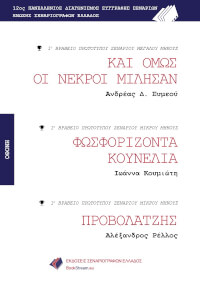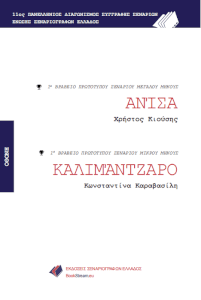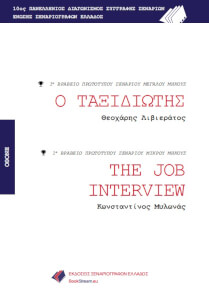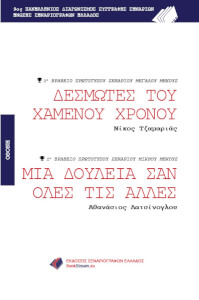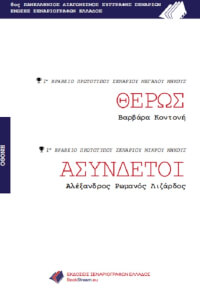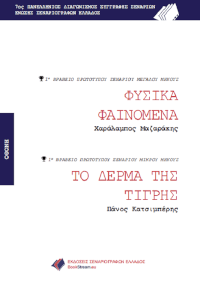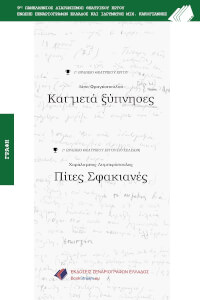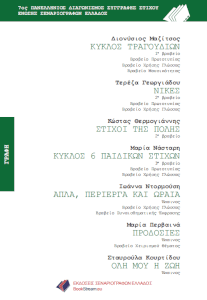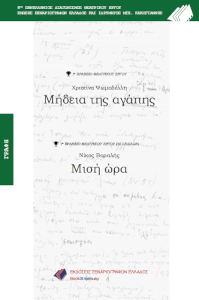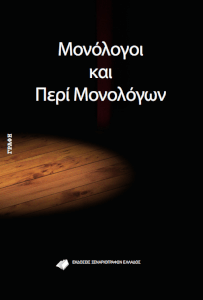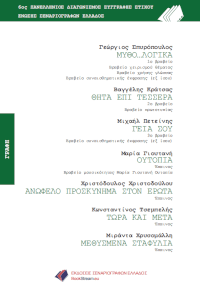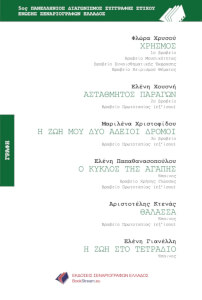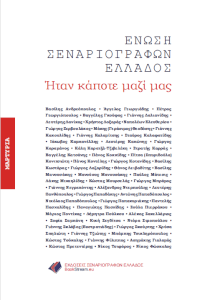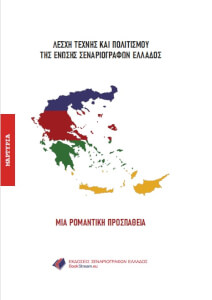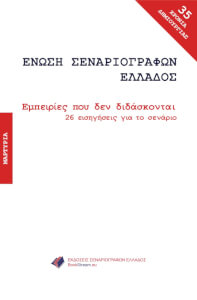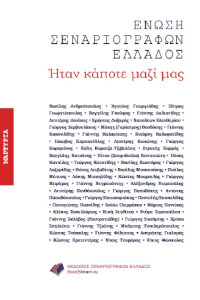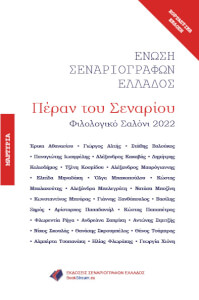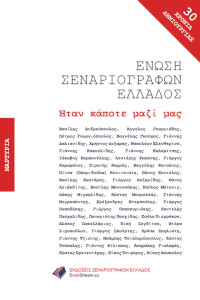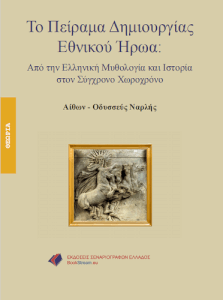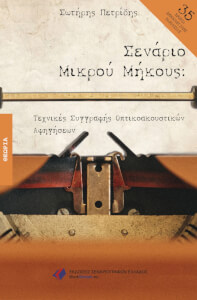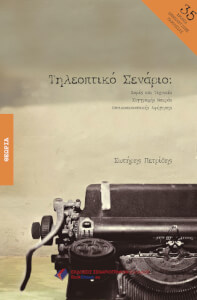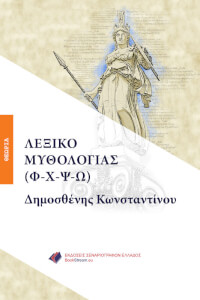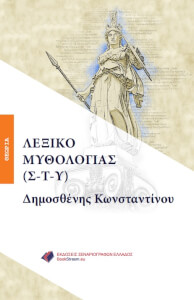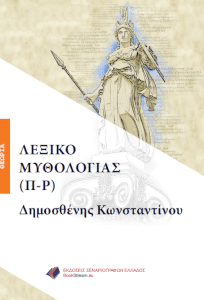Authors’ right / Copyright - Joint Franco-German statement
France and Germany stress the key role that authors’ right/copyright plays in stimulating cultural diversity, creativity and innovation. Authors’ right/Copyright must continue to fulfil this mission in the digital information and knowledge society. The conditions in which creative activity is carried out, and the dissemination and use of works are rapidly changing. In this context, authors’ right/copyright is an important part, although not the only part, of the legal framework applicable to the production, distribution and use of cultural content in the digital environment.
This is why authors’ right/copyright must be promoted and preserved as the foundation of creative activity, while ensuring that technological innovations and changes in business models and usage patterns are taken into account. On this basis, new solutions must be discussed and implemented at national level and, where necessary, at European level. France and Germany will therefore be actively and constructively participating in the authors’ right/copyright modernization process initiated by the European Commission.
In this context, France and Germany undertake to consult with each other and to seek common positions on this issue which is crucial for the future of creation and innovation in Europe, on the basis of the following principles:
1. Authors’ right/Copyright raises issues relating to ownership, economic activity, culture and freedom of expression. Cultural diversity, including linguistic and regional diversity, is one of the European Union's greatest assets and it must be preserved. We reject the regulations that would jeopardize this potential for culture. Whoever considers authors’ right/copyright only as a technical obstacle on the path to the completion of the digital single market fails to recognize its importance.
2. Our efforts will initially be focused on those who create authors’ right/copyright-protected works. They must be guaranteed an appropriate share of the revenue resulting from the use of their works, so that they may be able to live from their creative activity. Secondly, we must ensure that final users are provided with the best possible access to the works. We should seize the opportunities offered by new technologies, and foster new business models at the same time.
3. In the European context, all efforts should be focused on building a single digital market in which authors’ right/copyright plays its full role in stimulating jobs and growth. Unnecessary obstacles which prevent cross-border access to works must be lifted. We should build a legal framework which enables full benefit to be taken of the internal market, and which also ensures that creators receive an adequate remuneration and that cultural creation receives sustainable funding. The portability of content between States and interoperability should be encouraged. Business models based on territorial rights in Europe should also be taken into account. Any reform aimed at completing the digital single market must include a thorough evaluation of this reality.
4. Civil society in Europe will derive immense benefit from improved distribution and availability of high-quality content. Improved access to works will also lead to better understanding between cultures within Europe, no small thing in itself, which is an important basis on which to build improved cohesion within the European Union. Particular attention must be given to the availability of content for education and science. It is in society's interest to ensure broad access to scientific and educational works, and to create sustainable solutions for their creation and dissemination. Appropriate remuneration must always be guaranteed for those engaging in creative activities.
5. New technologies create new opportunities for creation stakeholders to enter into contact with end users, whether through new digital stakeholders or through established stakeholders who are adjusting to the new digital world. Writers are now able to create e-books on their own computers, bands are able to produce music videos by using inexpensive technologies, and all these works can be distributed throughout the world at low cost. This was impossible just a short generation ago. End users are now able to create and disseminate their own content much more easily than they could in the past (in particular on "user-generated content" platforms). Traditional European cultural institutions such as theatres and concert venues are now able, thanks to the Internet, to open themselves up to a new audience which could not previously access the major works of Europe and the world due to social or economic reasons. It is necessary to fully make use of this potential for culture and society.
6. In the digital age, rightholders, intermediaries and collective management societies are reinventing their individual roles, which are as crucial as ever. Publishers, music labels, film producers and other cultural companies, whether they are world leaders or promising small and medium enterprises, which employ millions of European citizens across the continent, are anchoring points for Europe's future in the digital economy. As was already the case in the past, they will continue to be faced with the challenges arising from the digital environment. Authors’ right/Copyright must be a fair legal framework in which new business models must be able to develop. The aim is to promote the development of Europe's cultural economy in the best way possible for the good of those who are engaged in cultural activity and civil society.
7. As is the case with any other branch of law, authors’ right/copyright depends on legal protection and adequate implementation, which should always remain at the centre of our efforts, through appropriate participation of all relevant stakeholders. At the same time, our children who take the Internet, smart phones and social media for granted and who live in constant contact with copying and distribution technologies, should not consider authors’ right/copyright as a right aimed at prohibition. France and Germany have introduced an intelligent model through systems which authorize private copying subject to remuneration. France and Germany successfully implemented this legislation in the analogue world. It is our common task to continue to develop this model in the digital context.
8. The modernization of authors’ right/copyright in Europe should also be examined within the wider context of the digital single market package, in which establishing fair rules and fair regulations for all stakeholders should be a priority. Following a decision of the Council of Franco-German Ministers of 19 February 2014, France and Germany agreed on a common position regarding the regulation of platforms in the European Union, which has already been communicated to the European Commission. We invite the European Commission to continue its work on this important project.
Berlin, 31 March 2015
ΠΗΓΗ: www.sabam.be ![]()
Ενημέρωση: 21-04-2015



